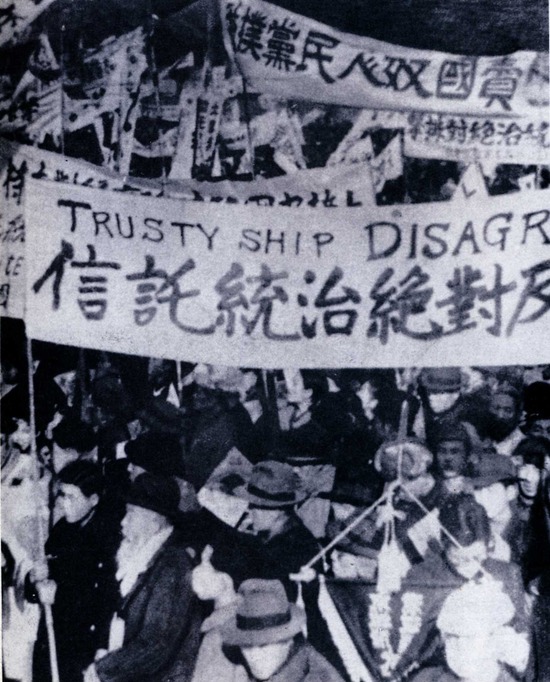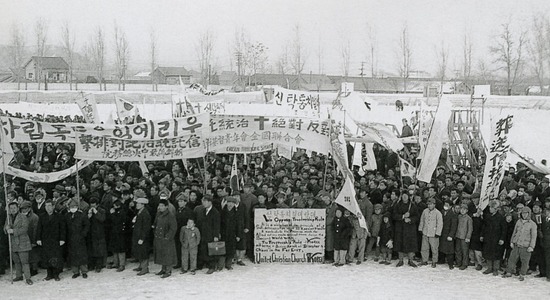CptStern
suckmonkey
- Joined
- May 5, 2004
- Messages
- 10,301
- Reaction score
- 62
^^^ When was the last time Canada was involved in East Asian affairs, let alone intervention with the Koreas?
http://archives.cbc.ca/war_conflict/korean_war/clips/677/
but I was referring to this:
I think he was referring to the allied armies as a whole, not just Canada.
yes canada is part of nato and the UN
also those who say killing Kim long dong jung will solve everything are being naive. the military controls NK, kill him/his son and some other goon will arise from the ranks of the military to take their places.
Numbers said:Well, maybe because it was your (or rather, the western world + USSR's) fault that we got in this situation in the first place!
we just gave you the means to kill each other but the commies and non commies were already there. no russian or american was leading the peoples of korea into the initial conflict (k maybe behind the scenes) you did that all on your own. no one said you couldnt have just embraced communism. I mean everyone around you was either commie or facist, you should have just gone with the flow, and voila! no conflict, no dead lkoreans, no paratroopers descending from the sky and slaughtering civilians, no gangs of concerned koreans wielding sharpened bamboo sticks and improvised flame throwers. Just the iron shod heel of communism, spiffy military uniforms for all, and lots and lots of red flag waving. VIVE LA DIFFERENCE!


